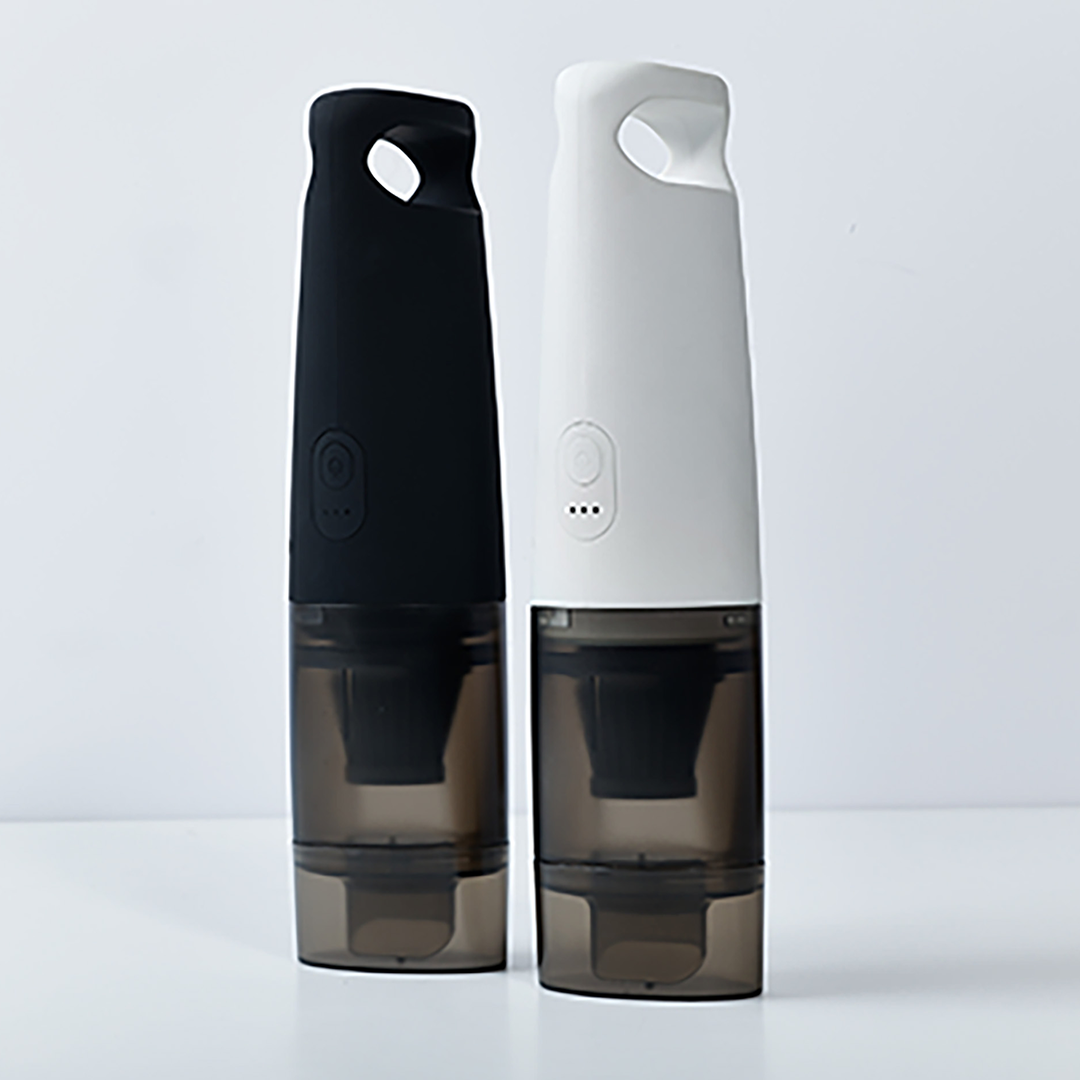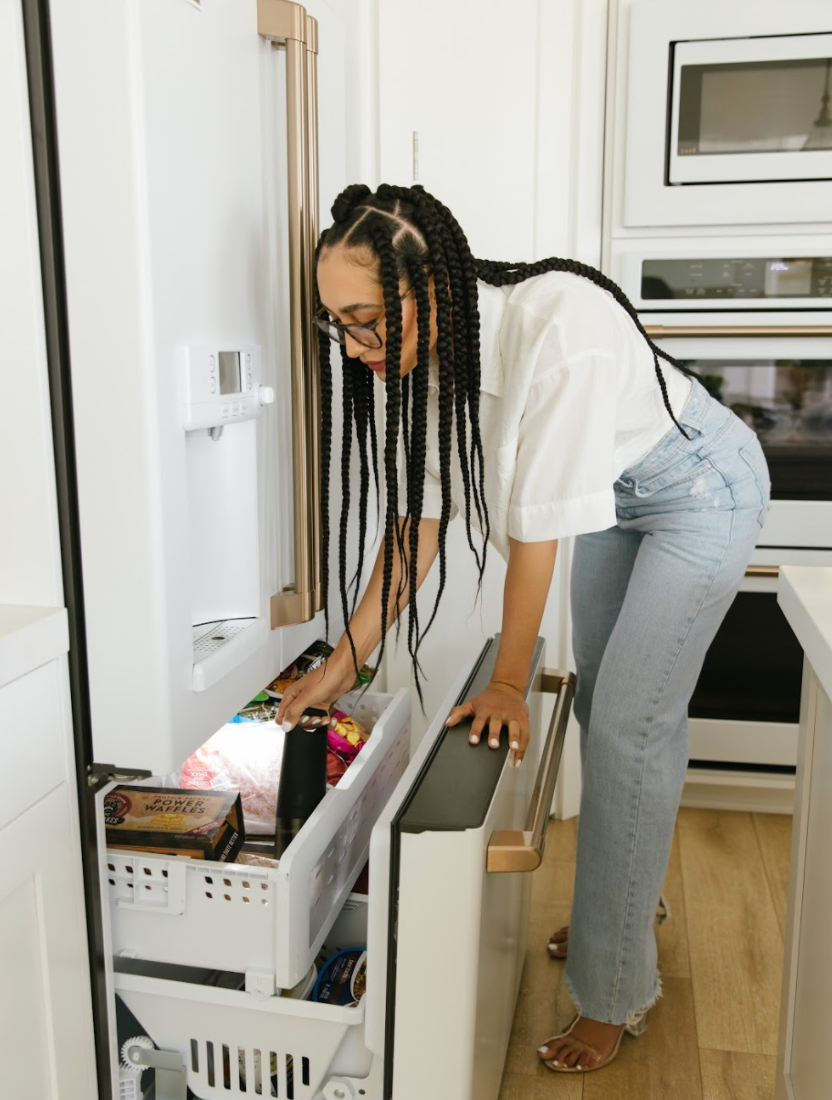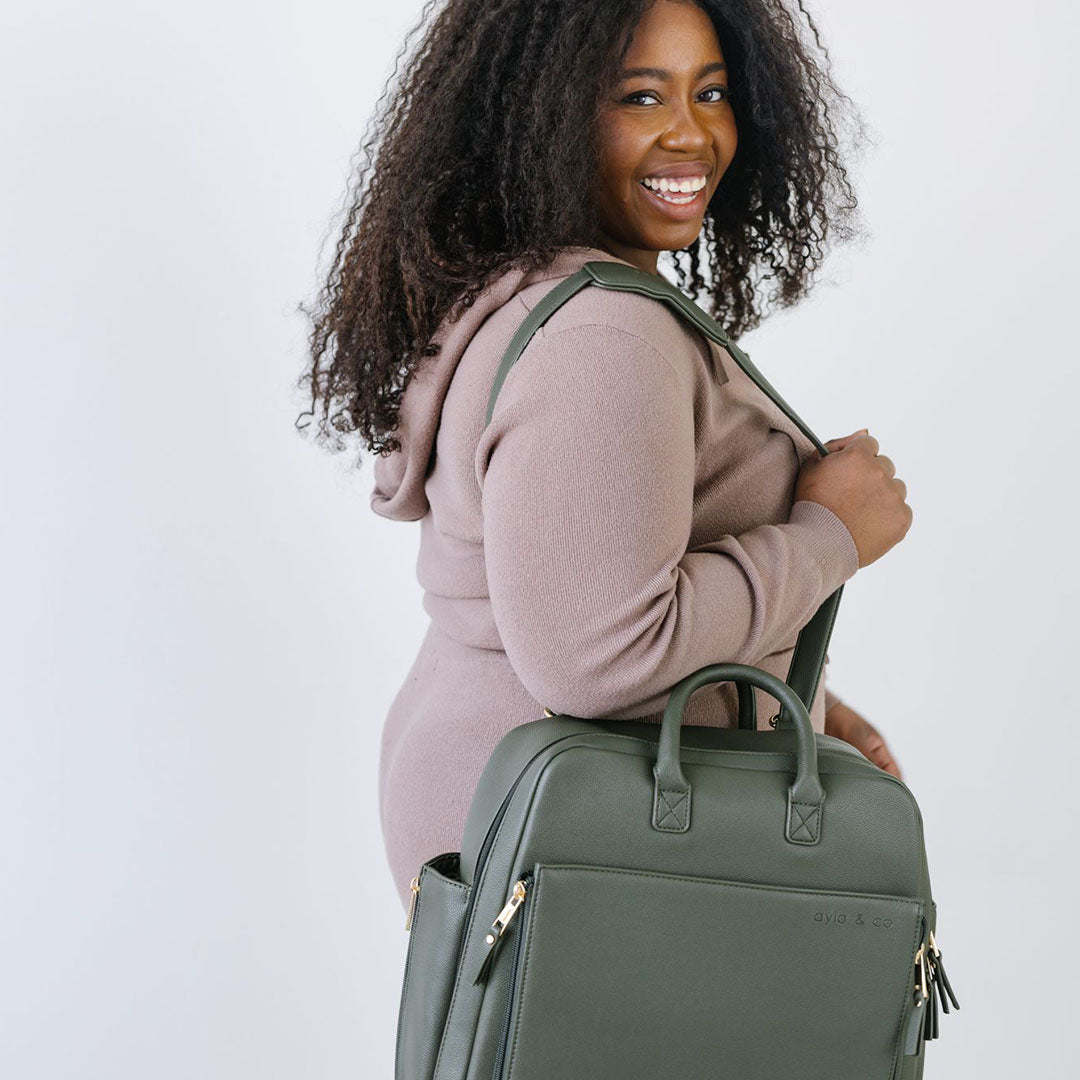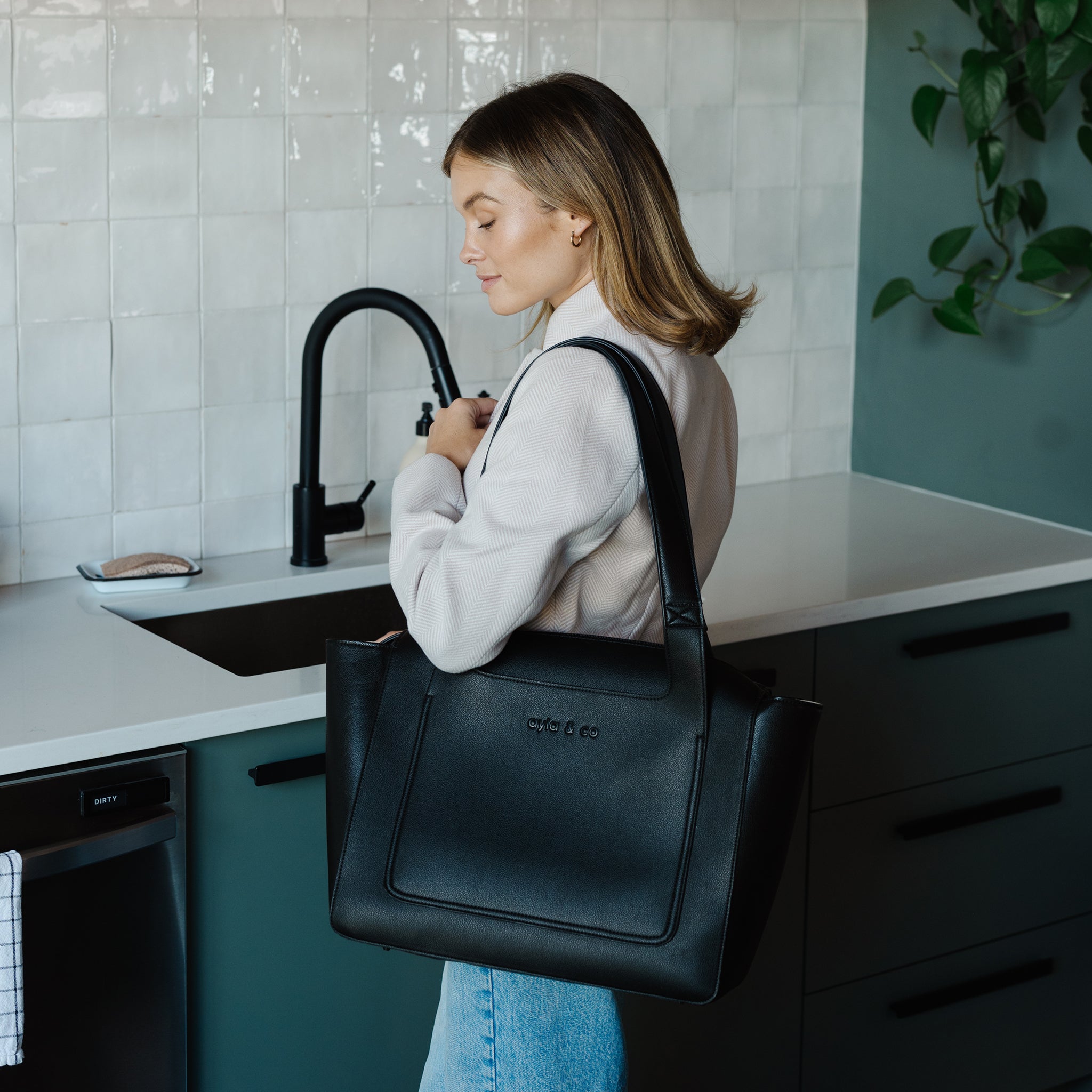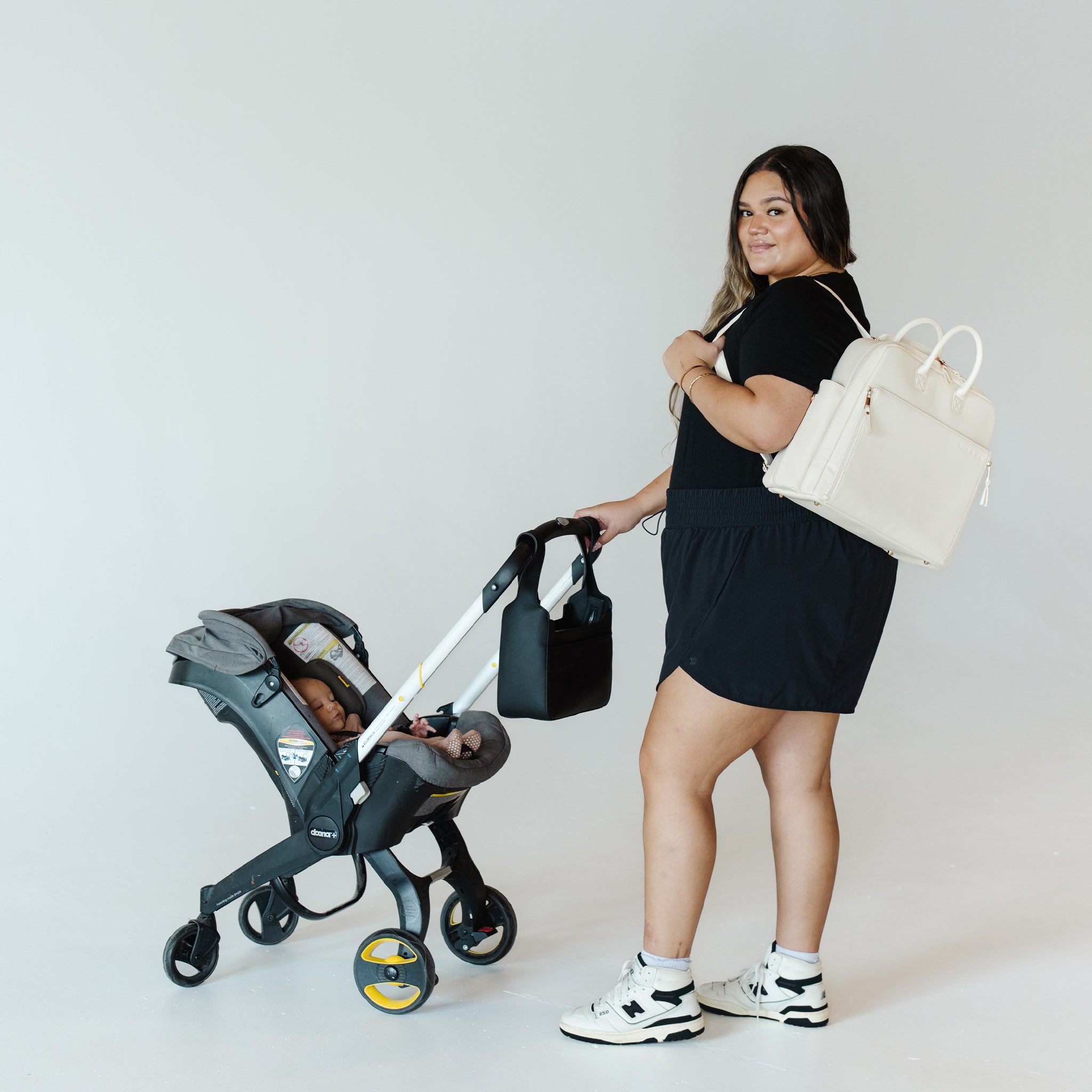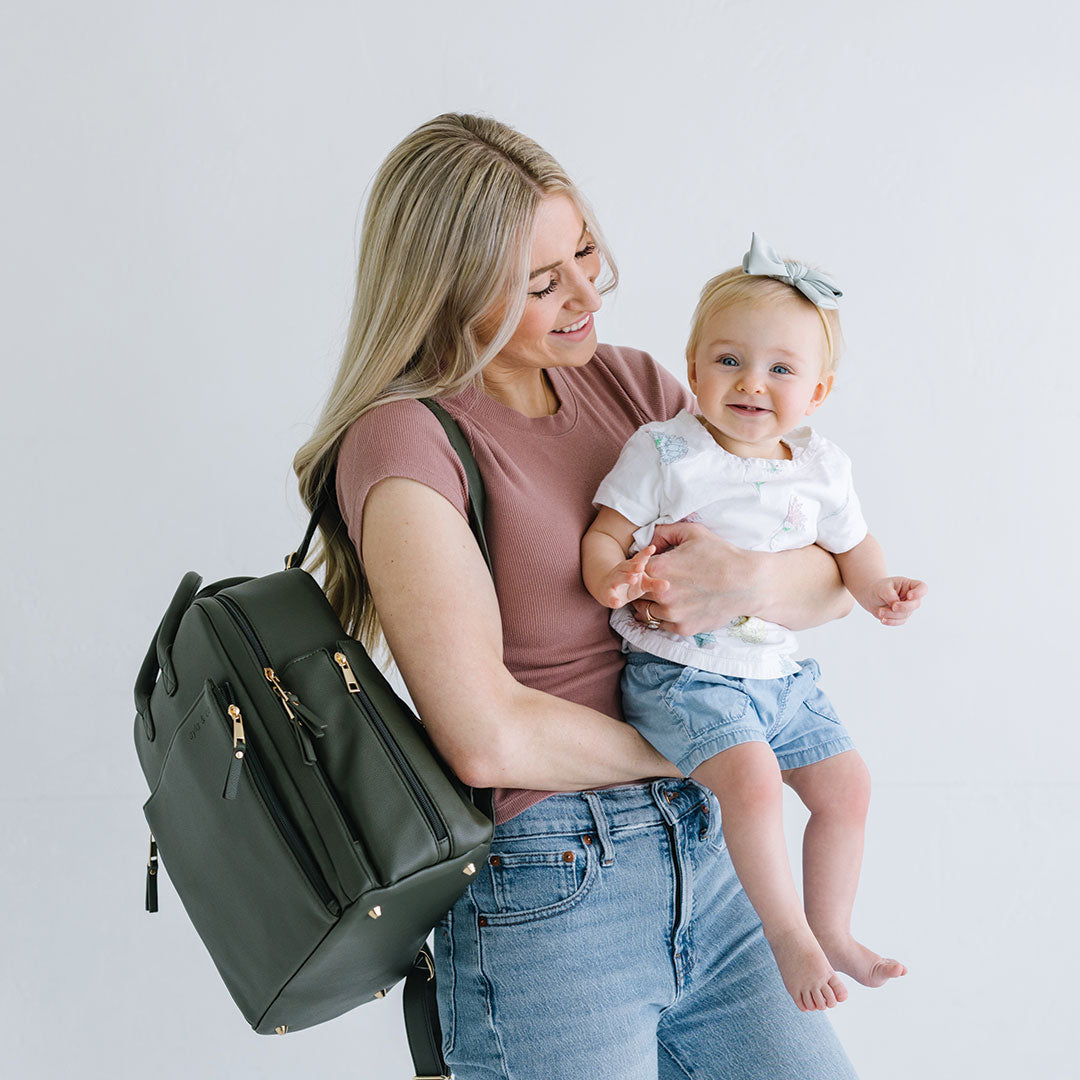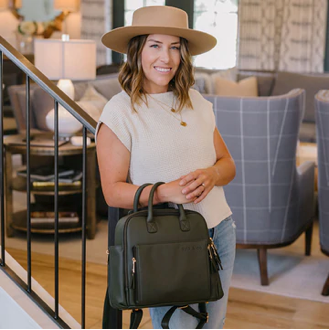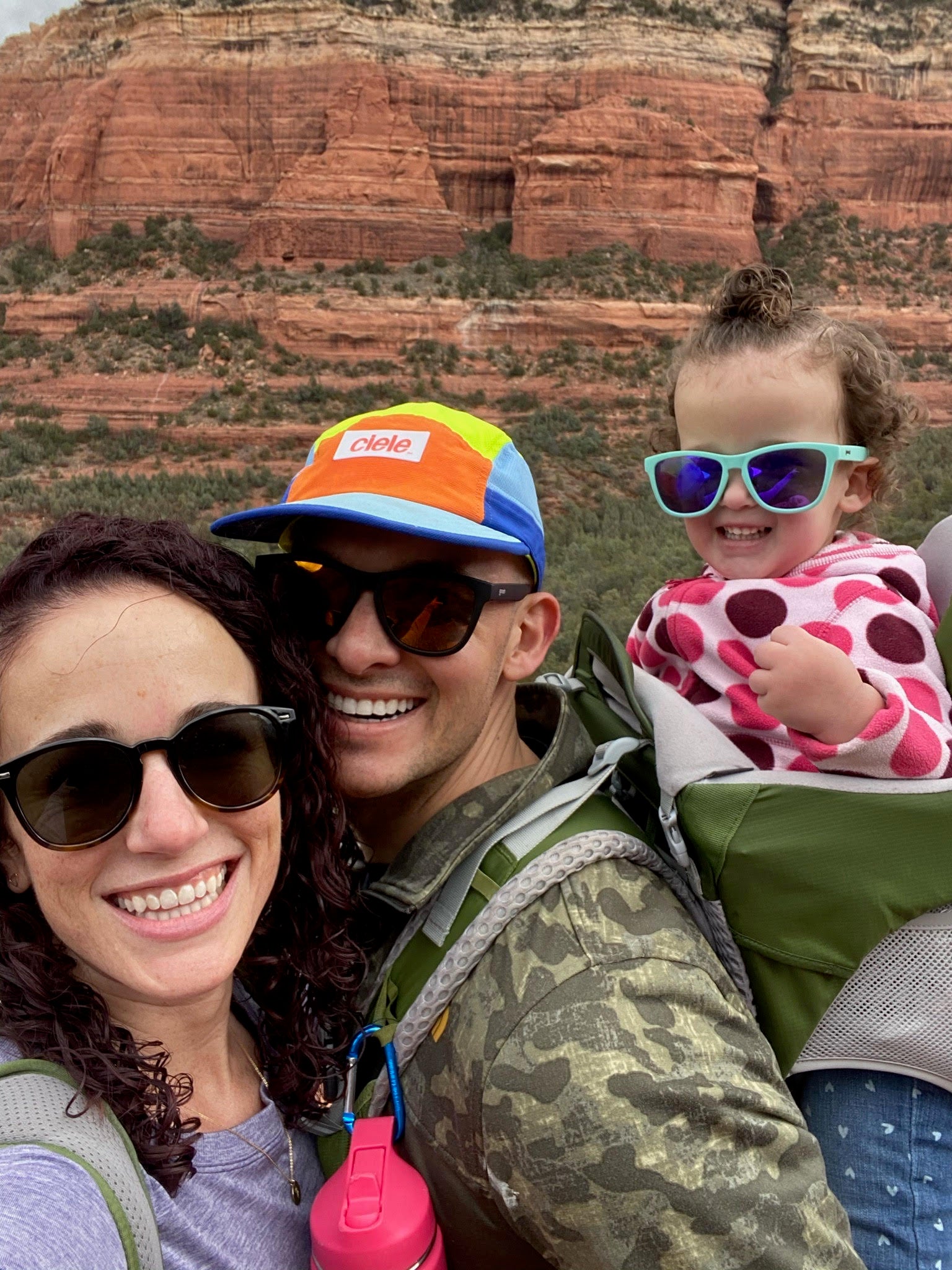
Stories of Perseverance: Megan Armijo
In our Stories of Perseverance series, we interview inspiring mothers who have persevered through tremendous hardships. This week we're talking to our friend Megan Armijo about her baby Rose and Spina Bifida. We're so touched and grateful to hear her story.
- Who are you mom to? Rose Armijo

- Tell us what Spina bifida is and your story with Rose's Diagnosis, and preparation for her birth: Spina Bifida is a neural tube defect in which the spine does not close all the way, which results in damage to the spinal cord and nerves. Spina Bifida happens within the first 28 days following conception. Spina Bifida is known as a snowflake condition because no two cases are identical. The most common and most severe form of Spina Bifida is Myelomeningocele which occurs when the spinal cord and nerves develop outside of the body contained in a “sac.” In almost all cases, surgery is required to close the area of the spina column impacted by the defect. In many cases of those born with Spina Bifida individuals develop hydrocephalus, which is a condition resulting from excessive build up of fluid in the brain. With hydrocephalus, a shunt is needed to drain the fluid out. In addition to hydrocephalus, many individuals with Spina Bifida have a Chiari II Malformation which results from the cerebellum and brain stem extending through the base of the skull. Rose has Myelomeningocele with Chiari II and Hydrocephalus. She has not needed a shunt but struggles with the other conditions common for her condition. I know that the day we received our diagnosis is an experience shared by many parents, after our 20 week ultrasound. When we were having a little girl, and I remember it got very quiet, and as they finished up I asked if everything was ok, and their response was, “the doctor will let you know if or when we want to see you again.” Walking out, I told my husband something was wrong, I just knew something was wrong. The next day when I saw the doctors office number pop up on my phone, I just thought, “I knew it, I knew it.” I was referred to see a different doctor where they discussed Spina Bifida and in short told us that our child would never walk, have many additional health issues, and pretty much have a poor quality of life. In addition, we were told that we could terminate should we wish. I cannot even fully express the amount of devastation I had. Even to this day I will tear up just thinking about it. This is your baby. You want them to have the world and at the end of the day, you feel like the rug has been pulled out from under you. I completely shut down. I didn’t know how to move forward because I was depressed, terrified, and sad. My husband's nickname at work used to be the “The Machine” because he’s known for his ability to focus on a particular problem. In his characteristic style, he went full throttle into research on Spina Bifida. He read every single thing he could get his hands on. He found out that there was an option to have Fetal Surgery which can only happen during weeks 24-26 of pregnancy and during which surgery is performed in utero to close the lesion. I find fetal surgery amazing and I am amazed by these doctors every day. We traveled to Nashville for the fetal surgery consultation, and after review determined that while Rose was an amazing candidate, I was not. We made the determination that the risks didn’t justify the benefits. Sitting in the room, squeezing each others hands and confirming our decision, we looked at each other and said “we cannot have regrets” and we cannot say, "Oh, I wish we gave it a try”. After this, we returned home and started doing our research on where we were going to deliver so we could meet the doctors that were going to perform her closure surgery after birth. We determined that Primary Children’s Hospital in Salt Lake City (SLC) was the best choice. The team is amazing and to this day it was without a doubt the best decision we made for Rose and us.

- Briefly describe Rose's birth story, and what the first few weeks or months looked like for your family. We were still living out of state when Rose was born. So about a month before my due-day we packed up our lives and temporarily relocated to SLC. We rented a tiny duplex and impatiently waited until the day I was scheduled to have my c-section. Naturally, Rose decided to join us a little early. She was born on September 1 at 11:57pm. After birth, Rose was immediately transferred to Primary Children’s Hospital. The first time I saw my child she was already in the “shuttle” to move her across the sky walk. They wheeled her in, and I finally got this see this amazing child who had already been through so much. I touched her cheek and then she was gone. My husband and I agreed that he would stay with her in the children’s hospital because I didn’t want her to be alone. I had a c-section and was going to be in the hospital for a few days, so I couldn’t go with her. Around noon the next day, my husband called to say that neurosurgery said they were going to bring her back for surgery soon. All I could think about was going to see her. I paged the nurse and said I have to get over because I need to see my baby before surgery. The first time I held my child she was surrounded by pillows because her back closure wasn’t completed, all I could really do was touch her cheek, I wanted to cry. I was scared and nervous that surgery was going to be performed on my child who was just 12 hours old. Just before 2 pm the doctors wheeled her in for surgery. Her surgery lasted over five hours. Her lesion ended up being wider that they had expected, they didn’t want her moving around and possibly damaging the sutures so she was kept sedated in the NICU for a few days. In total she was only in the NICU for a few days, then transferred to the infant unit for the remainder of her stay, which was about 9 days total. We are lucky, as this is not the case for many families. As any new parent, I was terrified when we first brought her back to our temporary “SLC home”. Not only did I have this new born, but she could only be on her stomach so that her back could heal from her recent surgery. That meant feeding, diaper changes, sleeping even holding her required that she had to stay on her stomach. We had to be focused and diligent in checking for infection where the repair took place, monitoring her head size as a result of possible hydrocephalus, and just learning to care for a newborn. We took Rose in for several follow up appointments with particular focus on monitoring for hydrocephalus until we were able to return home. At this time, Rose still could not lie on her back, or sit in a normal car seat, so we had to use a lie flat car seat for awhile until we were given the clearance. We drove home for two weeks, and then we drove back to SLC for more appointments, and this happened for every few weeks the first few months after she was born. It was an adjustment and a lot of long car rides. It was terrifying knowing that she could still need to be shunted. After a few months, we eventually decided to relocate to SLC. Between the commuting for Rose’s care and not having any designated care in the city/state we were living in, it just seemed like the best decision for Rose and for our family. It was the best decision we made to this day.
- What helped you the most during those first few surgeries and hospital stay(s)? I know its sounds cliche, but the most help I had was from my husband. He is the only other person that is truly going through exactly what you are going through. Having a special needs child can be incredibly lonely and terrifying, but this is also his child and he knew exactly how I was feeling, because he was having the same exact fears.
- Who or what helped keep you to stay grounded during so much uncertainty? My support system. I have been so lucky to have an amazing spouse, family, and friends. I cannot tell you how many people constantly check in to make sure we are doing ok, and to make sure we don’t need anything, even if it is just a nap! In addition, her care team at Primary Children’s. We have been so lucky to have her there. One of the things that was stressed to us during the fetal surgery consultation was to make sure she received on-going care in a Spina Bifida Clinic.

- What does daily life look like for your family? How has the diagnosis changed the way you see things? Selfishly, I learned a lot about me, and who I am as person. My priorities and outlook on life changed, not only by becoming a mother, but learning from my child. Rose has proven time and time again that she can do anything, she is determined and stubborn, and she is an inspiration to me every single day. There are days I think I can’t and I cry way too many tears, tears for me, and tears for my child. But then I see her, the child they told me would never walk, pull to stand and crawl up on my dining room table and all I can think is “anything is possible.” In addition to the high-level changes in outlook, there are many other, smaller changes. For example, I used to use the ADA-friendly bathroom stalls, but now I don’t because I have more appreciation for the people who truly need them. There are many other changes like that which involve being aware of the strides we’ve made to accommodate people with disabilities and the work we still have to do. The best thing is thinking as positively as you can even when it's hard. Kids and adults with Spina Bifida are amazing and we can all learn from them.
- What advice would you give to parents in a similar situation (or really any time they are faced with any uncertain challenges that accompany parenthood)? One, it is ok to “mourn”. You can be sad. This is your child and you have all these hopes and dreams for them. However, get back up and brush off and say “ok, now it is time to act”. My child can do anything any other child can do. Will it look a little different? Yes, but it doesn’t mean they can't climb mountains because these kids can. Also, do your research. Don’t just settle for the care that is nearby. If you are able to find better care, fight for it. We would drive 6.5 hours just to bring Rose to Primary’s because this is what is best for her, and it has been the best decision for us. Also, don’t be afraid to be “that parent”. Fight for you kid in every manner. You are their best advocate, and no one is going to fight harder for your child than you. You don’t have to be mean or rude about it, but you can keep calling and keep asking questions until you get answers.
- What has this experience taught you about resilience? Motherhood is HARD, there is no question about it, whether you have one kid or 5 kids, a special needs kid or not. Being a mother is all about daily resilience. For me, having a special needs kid is ultimately about not letting the hard things stop you. Your kid depends on you to be there, and it taught me the importance of getting back up. You cannot shut down because you hear bad news at an appointment. You cannot shut down because your heart ache’s for your child. You are amazing in your child's eye. Your child looks up to you and every day you are there fighting for them and their future. I have learned that while it is important to mourn, you cannot let it consume you. You have to bounce back and keep moving because this is life, and it is amazing. Watching Rose grow up, watching everything that that she has already proven wrong compared to what those first few doctors told us, is amazing, and she gives me the strength. She proves to me that anything is possible.

- Update on Rose: I will say this, we have been truly fortunate with Rose and her condition. Her lesion is at L5/S1 and she has leg movement. We know there is reduced sensation, but are still unsure at this time how much. She can pull to stand and stride around furniture. She is still working on trying to stand independently or use a walker. She recently started using a gait trainer and has been loving that. She loves to climb, and tries her hardest to climb on anything she can including dining tables, coffee tables. She finally learned to go up and down stairs. She received her wheelchair right around her second birthday, and has found new independence which is amazing to watch and also frustrating because she is still a “toddler” with all of the associated challenges that stage of development brings. She will wheel herself all over the aquarium and zoo, and she laughs and giggles the whole time. It is amazing to watch, and reminds me every day how lucky I am to be this girl’s mother. In addition to her challenges from hydrocephalus, Rose has also been diagnosed with Autism. As a parent, it hurts, but it still hasn’t stopped her. She is trying to communicate with us as best she can and us with her. She is the happiest kid, and I am so excited to see everything she will accomplish in her future because it will all be amazing.


